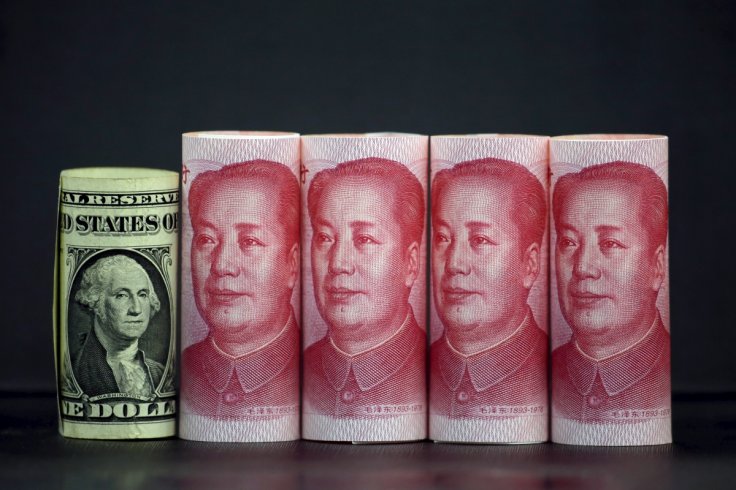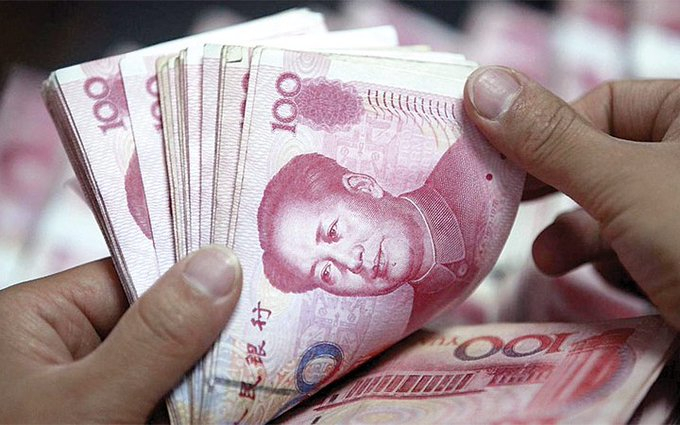China's foreign exchange reserves swelled to a whopping $3.205 trillion in April, official data showed on Sunday. In the last month alone, China's forex reserves expanded by $21 billion, to drive the total reserves to a higher level than analyst expectations.
According to a Reuters poll of analysts, the Chinese foreign exchange reserves were set to expand to $3.192 trillion, even as the reserves stood at $3.184 trillion in March.
Highest Level Since February 2022
One of the reasons behind the rise is the weakness of the US dollar against a basket of major global currencies last week, followed by the US Federal Reserve's suggestion that it may end the rate increase cycle.

The surge in April means the Chinese reserves hit the highest level since February 2022, when it was $3.2138 trillion.
The data also showed that Beijing's gold reserves increased to 66.76 million ounces at the end of April. In March this stood at 66.5 million ounces.

"The rise in foreign exchange reserves reflects the nation's booming exports and growing inflows of foreign investment, which go directly into foreign exchange reserves, according to Dong, indicating that international institutions and investors are bullish on China's economic recover," government mouthpiece Global Times reported.
China has for decades, maintained, the world's largest currency war chest by consistently building its forex reserves.
Why is China Keeping Large Forex Reserves?
The country's foreign exchange reserves have been rising steadily since 1997, from 15 percent of the gross domestic product around that time to more than 40 percent currently.
One of the reasons why China is keeping such a huge reserves is the intention to shield the country from unexpected setbacks like global sanctions. However, on the other side, economists have long argued that it is also the result of China's manipulation of its own currency for gaining advantage in exports.
There is also another argument that says China's authoritative political elite decided to keep large reserves since the Asian financial crisis of the 90s in order to make sure that the Communist party rule is insulated against such shocks.
Rise in Yuan's Profile
Meanwhile, the Chinese Yuan marked a milestone in March when it surpassed the US dollar as the most widely used currency for Chinese cross-border transactions. It was the first time ever the renminbi overtook the greenback, official data showed.

Yuan was used for cross-border payments and receipts worth $550 billion in March, rising from $434.5 billion a month earlier, Reuters reported, citing data from the State Administration of Foreign Exchange.
In 2022, a whopping $6 trillion worth of China's country's cross-border payments and receipts were settled in the Chinese currency. This marked a 15 percent rise from the previous year, Chinese media reported earlier, citing data from the People's Bank of China.
China has always been seen as harboring ambitions to topple the US dollar's status as the safe haven currency. The increasing status of the Chinese yuan as a favored currency for international trade has often set off talks of the renminbi once replacing the dollar as a reserve currency. Though that is a far fetched possibility considering that the Chinse yuan needs to achieve full convertibility status, more and more countries are abandoning the US dollar for international trade.








